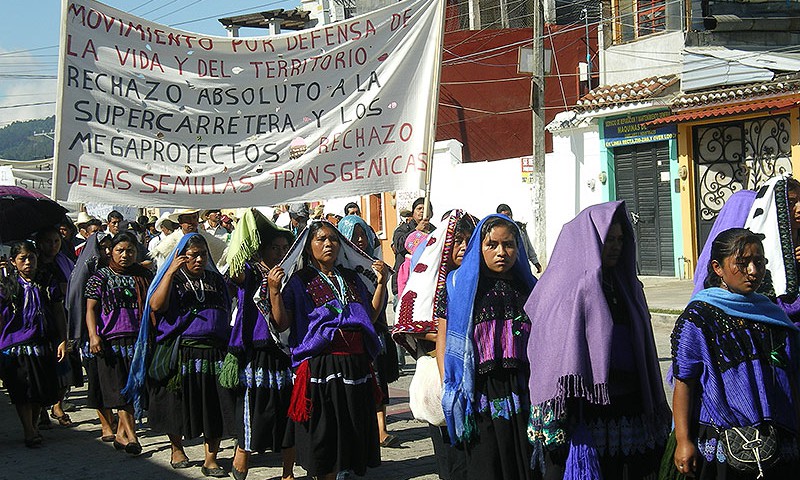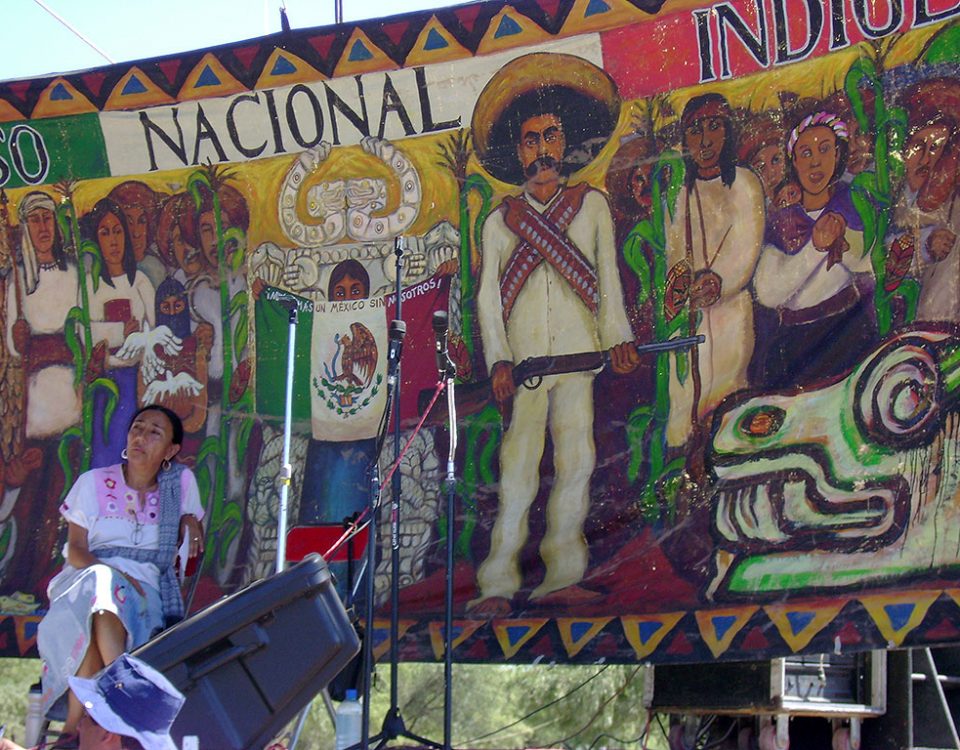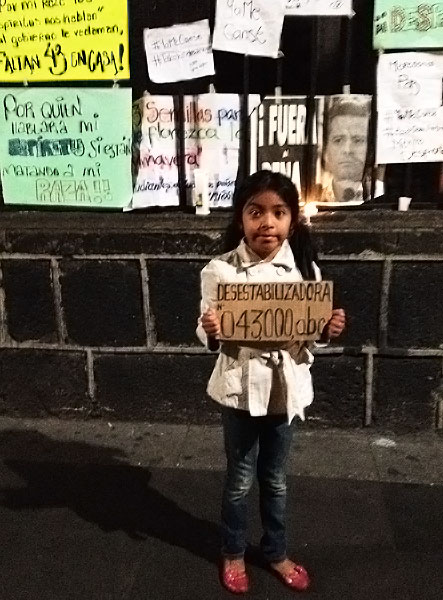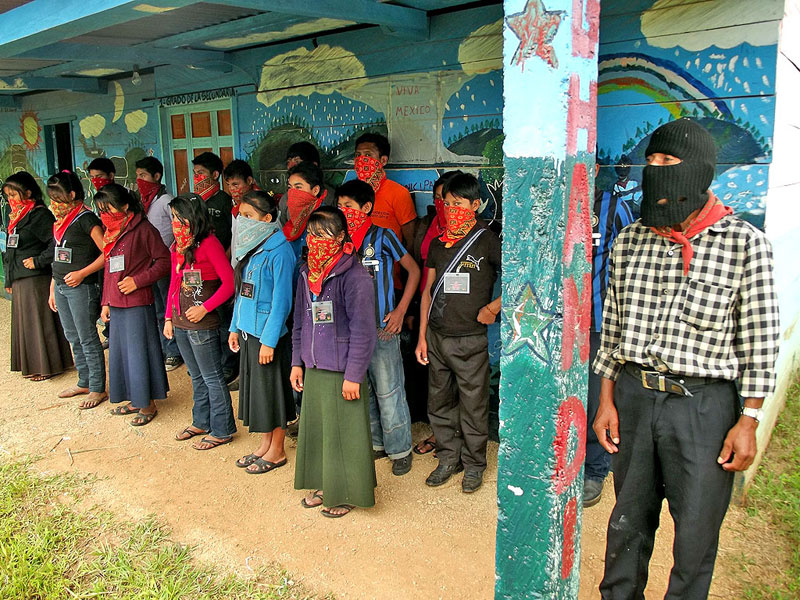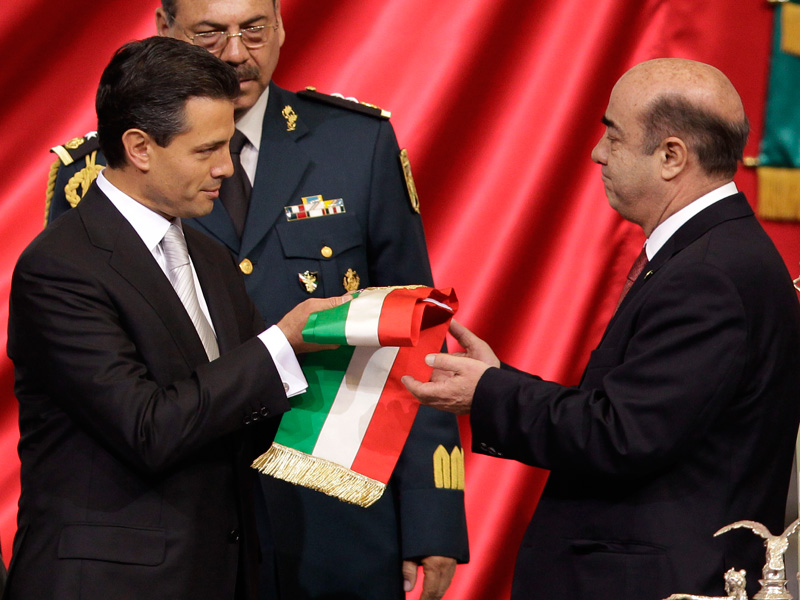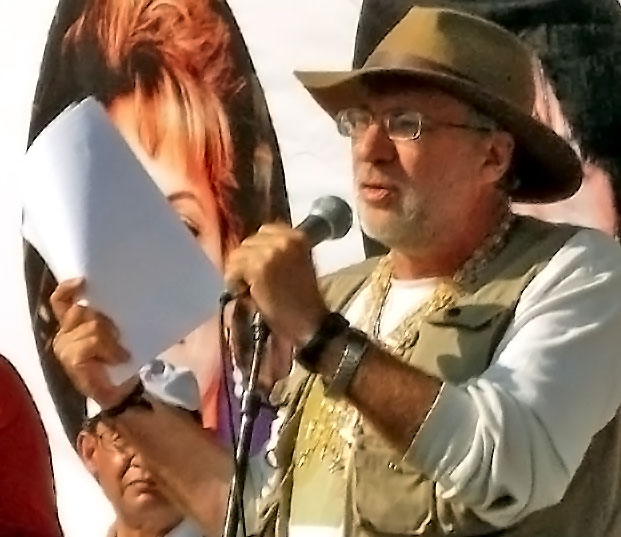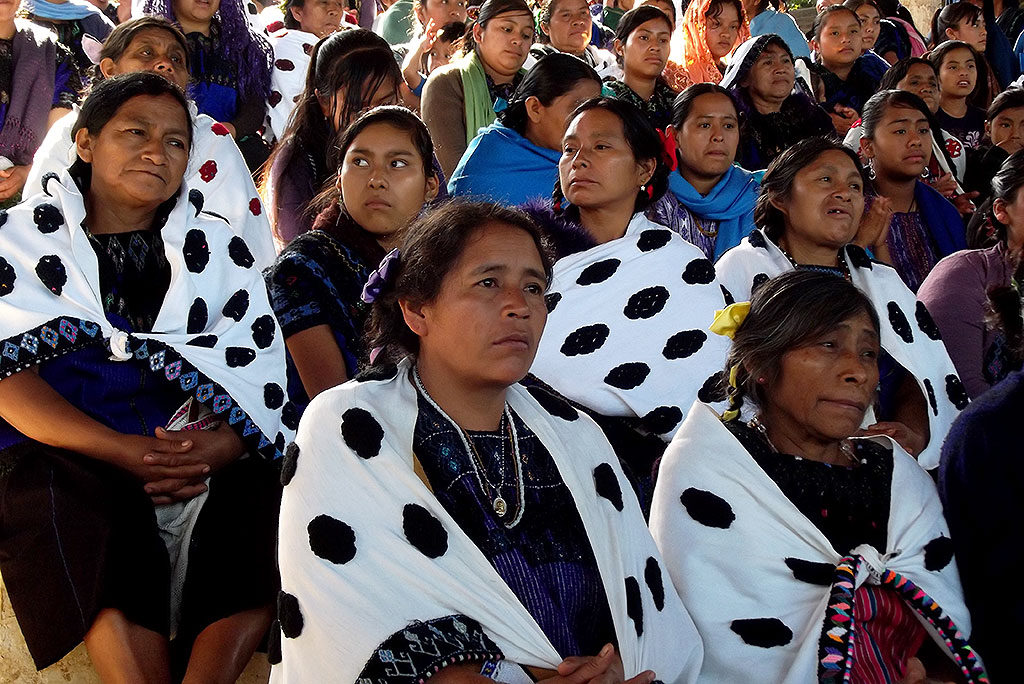
SIPAZ ACTIVITIES (From the beginning of November, 2016 to the end of January, 2017)
14/04/2017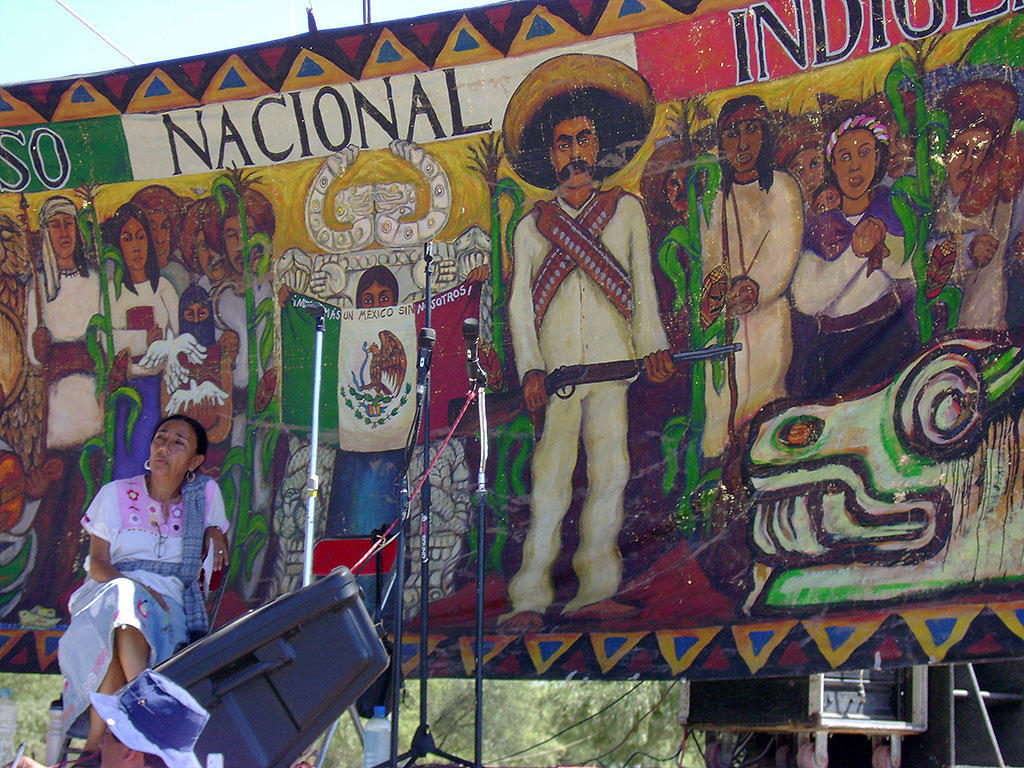
2016
29/04/2017Since his election to the presidency in 2012, Enrique Pena Nieto (EPN) has sought to change the perception of the “War Against Drug-trafficking”, declared by former President Felipe Calderón (2006-2012), utilizing his speech and strategy for “A Mexico in Peace”. However, the reality is quite different and no significant decrease in the rate of insecurity has been achieved. During 2015, the Mexican government acknowledged that there were a total of 54,454 intentional murders. Since 2006, there have been 185,428 in total.
Moreover, the forced disappearance of the 43 students from the Rural Normal School of Ayotzinapa, Guerrero, in September 2014, as well as the scandals that broke out in the entourage of EPN, have negatively impacted his popularity and his administration’s approval rating. This took place within an adverse economic situation, one that is far removed from what EPN had promised during his electoral campaign. The changes are mainly due to the low economic growth, devaluation of the peso, the fall in the price of oil, as well as the deepening of poverty. Besides, according to the Latinobarometer (Latinobarómetro) in 2015, Mexico was the country with least satisfaction with its democracy: only 19% of those interviewed said that they were happy with their system of government, which represents half of the average for the entire region. Only 21% thought that the country was governed for the benefit of society and not for a few.
In the case of Chiapas, if we had to summarize the period covered by this analysis in just one word, it would probably be “blockades”, given that there were road blockades put in place throughout the state by various sectors as a form of inconformity, principally due to the results of the municipal elections in June. Some of those resulted in violence. All of them drastically limited free traffic for many days.
One relevant actor of these expressions of inconformity has been the teachers. Numerous confrontations with the police led to the death of a professor, several detainees, and dozens wounded. During the election campaigns of 2015, the social sector also multiplied their complaints without being heard. Political campaigns offered few solutions to satisfy their demands.
In February, a worrying question was the possibility of the reactivation of mining: in a letter directed to a Simojovel priest signed by a representative from the representative of the Mexican Geological Service and of the Geochemistry firm and Drilling Company SA de CV (GYMSA), the priest was asked to intercede with the representations of the indigenous communities “to provide access to their private and communal territories,” where, within three months, “geological mapping of the region is planned.”
On the other hand, in March, the pilgrimage of Simojovel’s Believing People ended in Tuxtla Gutiérrez. This pilgrimage took place in order to express a series of demands such as an end to the violence and the narco-politics that have prevailed in this municipality. The authorities did not take into account the increasing threats received by their priest Marcelo Pérez Pérez and his parish team.
The elections of June 7 in Chiapas took place in a context of tension due to the teachers’ demonstrations in previous days. At least 18,000 soldiers and police officers were mobilized to ensure the completion of the electoral process.
According to the Network of Women Electoral Observers, 90% of the localities reported electoral crimes, such as coercion, threats, conditioning of programs, and public services, among others. The results – with participation of 46.4% of registered voters – gave a clear victory to the alliance of the PRI and Green Party, whose candidates were winners in the 12 districts that compose the state, obtaining 69.4% of the vote.
Moreover, in 2015, several attacks took place in Zapatista territories. In August, two perpetrators of the assassination of José Luis Solís López, Maestro Galeano (who was killed in La Realidad, municipality of Las Margaritas in May 2014) were released. Despite these attacks, the Zapatista Army of National Liberation (EZLN) carried out several activities during the year: in May more than 1500 people from Mexico and other countries participated in the Seminar “Critical Thought amidst the Capitalist Hydra”. In July, the EZLN announced the second level of the Zapatista Escuelita (little school).
Finally, regarding impunity, in October, the organization Las Abejas de Acteal was present before the International Court of Human Rights in Washington at a public hearing on the Acteal Massacre (1997). The members of the organization reiterated that the massacre “was planned by the Mexican State itself” and that, faced with “the cynicism of the latter, which denies its responsibility in the case … they will not accept any amicable agreement “.

